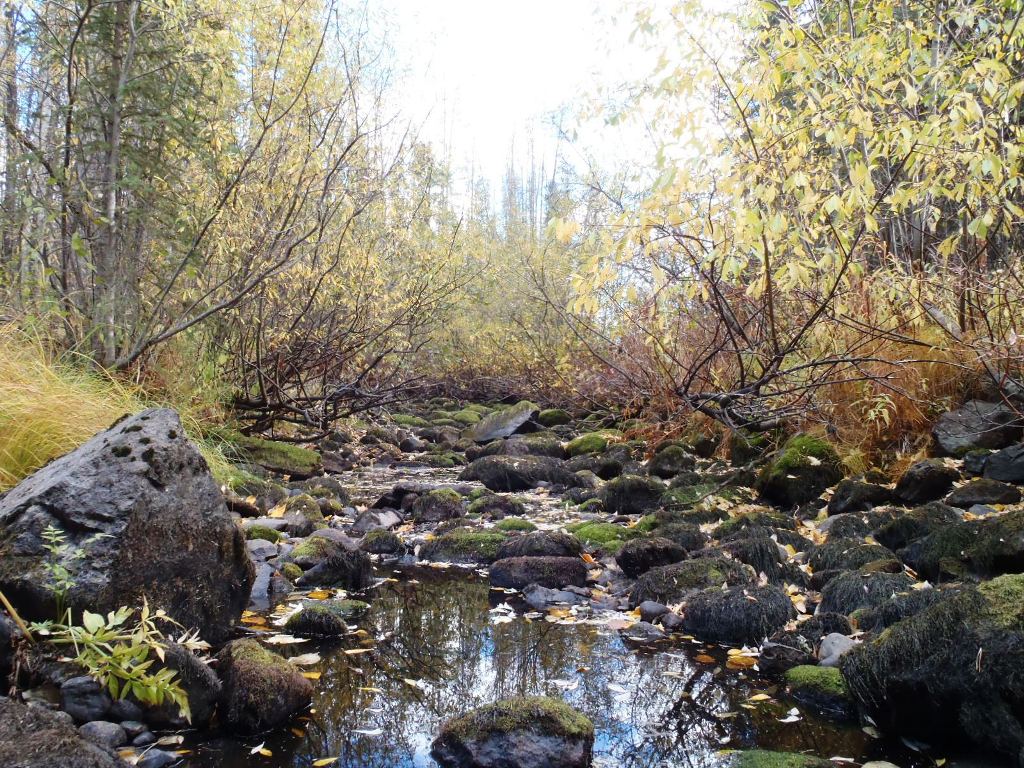
Improving forestry to protect water
VICTORIA - British Columbia's proposed Watershed Security Strategy provides an opportunity to improve forest practices and reduce the impacts to water, according to a new report.
The report looks back at 28 audit and investigation reports published by the board in the past 15 years that involved forestry and water concerns, and identifies four main issues with current forest practices. The report also identifies four opportunities for improvement:
"Forest practices can affect water quality, quantity and timing of water flows, which may have negative impacts to drinking water, fish habitat, infrastructure, such as roads and bridges, and private property," said Kevin Kriese, chair of the Forest Practices Board. "Looking ahead, climate change will have significant effects on our watersheds and can compound the effects of human activities, including forestry. However, there are steps that can be taken to avoid or reduce these impacts.
"Government's development of the Watershed Security Strategy, combined with the modernization of B.C.'s forestry legislation and development of the Climate Preparedness and Adaptation Strategy, provide a rare opportunity to improve regulation of forest practices to better protect water in B.C. We hope government takes action to implement these opportunities."
Watersheds provide water for drinking and domestic use, for irrigation and agricultural supply, and stream flow that supports fish and aquatic life. Properly functioning watersheds can also moderate the effects of climate variability and related changes to water cycles. Human and natural disturbances can result in changes to water flows above and below ground. For example, forest harvesting can alter the amount of snow accumulation, rainfall infiltration and rate of snowmelt; and forest roads can intercept and redirect water flows, leading to stream channel erosion, debris flows and flooding.
"Our investigations and audits usually find industry is complying with the legal requirements to protect water resources and many licensees voluntarily do more, such as having professionals conduct watershed assessments. But the current regulations largely focus on managing for water on a site-by-site basis. Less than 10% of the province has requirements to manage for cumulative effects at the watershed level," Kriese said.
The Forest Practices Board is B.C.'s independent watchdog for sound forest and range practices, reporting its findings and recommendations directly to the public and government. The board can investigate and report on current forestry and range issues and make recommendations for improvement to practices and legislation.
Contact:
Darlene Oman
Communications
Forest Practices Board
Phone: 250 213-4705 / 1 800 994-5899
